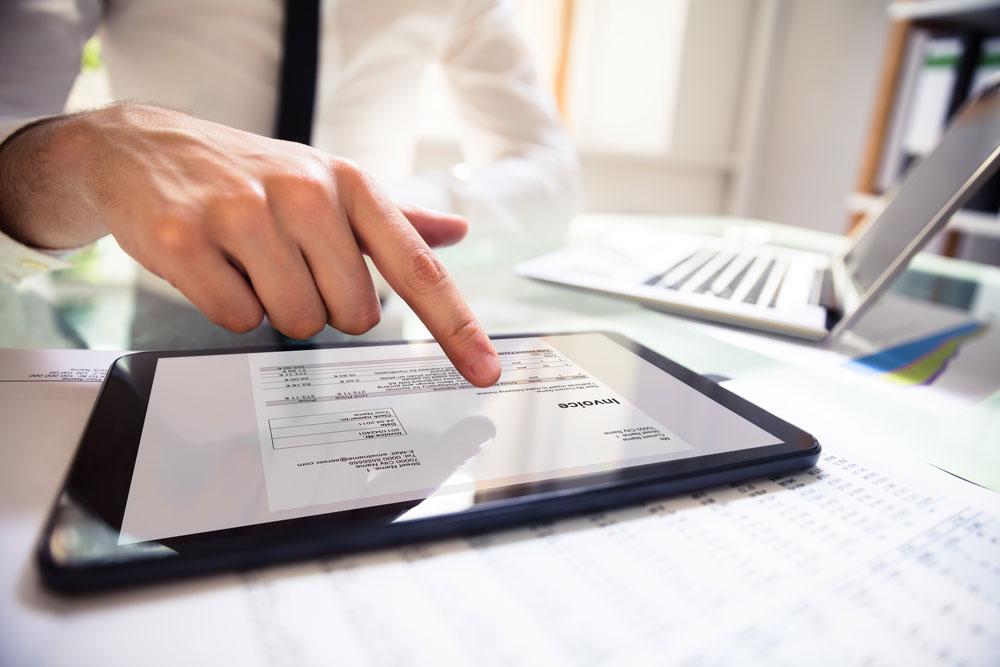The government has launched a 12-week consultation on e-invoicing - the digital exchange of invoice information directly between buyers and suppliers.
UK businesses and the public sector have been invited to share their views for the first time.
It is hoped e-invoicing could help businesses get their tax right first time, reduce invoicing and data errors, improve the accuracy of VAT returns, help close the tax gap and save time and money. The system usually results in faster business-to-business payments, leading to improved cash flow and less paperwork.
The consultation applies to business invoicing and will gather views on standardising e-invoicing and how to increase its adoption across UK businesses and the public sector.
An NHS trust has been using e-invoices, which are ready for processing within 24 hours, compared to 10 days for paper invoicing. Their e-invoices are typically paid almost twice as quickly than paper invoices, with supplier queries reduced by an average of 15 per cent.
The 12-week consultation was launched on 13 February and will close on 7 May.
James Murray, exchequer secretary to the Treasury said: "As part of the Prime Minister’s Plan for Change, we have begun our work to transform the UK’s tax system into one that is focused on helping businesses and the economy to grow.
"E-invoicing simplifies processes, reduces errors and helps businesses to get paid faster. By cutting paperwork and freeing up valuable time and money, it will help improve firms’ productivity and their ability to grow and succeed."
Gareth Thomas, minister for services, small business and exports, said: "Small businesses are at the heart of our economy and vital to our growth mission. The potential of digitising taxes, speeding up payments and streamlining administrative tasks will provide real benefits to the economy, supporting smaller firms and boosting growth.
"This is why we want to make sure e-invoicing works for SMEs, because cash flow can make all the difference between staying afloat or going under."


